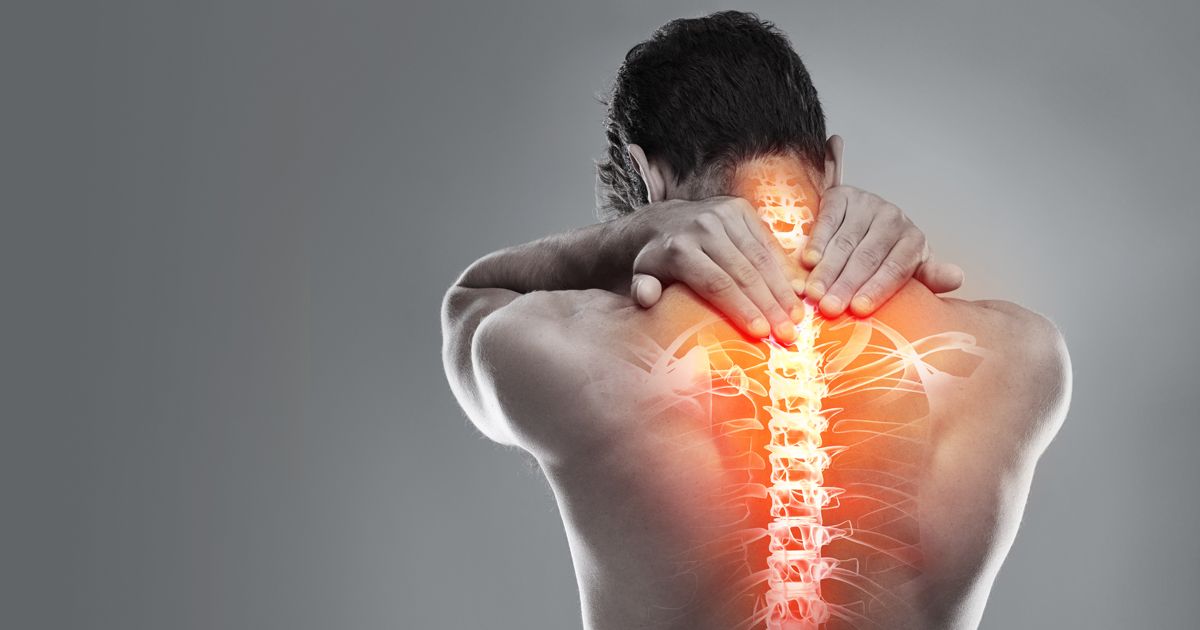How to Relieve Upper Back pain with Physical Therapy
The thoracic spine is the least mobile segment of your spinal column. It is an attachment point for the ribcage, and protects the heart and lungs. It plays a critical role in supporting your breathing pattern. Pain at upper back can be from a direct injury to the mid back or can be referred from low back or shoulder issues.
Some of the common causes of mid back painImproper posture or hyperkyphosis, T4 syndrome, Costochondritis, Tietz Syndrome, Slipped Rib Syndrome, Scheuermann Disease, Herniated Disc, Compression Fracture in Osteporotic patients, Neck muscle tightness or trigger points referring pain into the thoracic spine or Systemic conditions.
Some of the common symptoms you may experience are sharp or burning pain in your chest or mid back, stiffness or tightness or pressure like feeling in your mid back, pain on deep breathing, coughing, sneezing or on certain trunk movements or numbness or tingling around the chest.
The treatment to relieve upper back pain is dependent on the cause.
Muscular causes of pain can be from postural abnormalities or muscle weakness and needs to be addressed by strengthening the weak muscles and stretching the tight muscles.
Pain referred due to shoulder or low back problems needs to be addressed by treating the source of the pain at the shoulder and low back.
Pain referring from the areas of the spine like costochondritis, slipped disk syndrome, compression fractures and herniated discs needs to be assessed by a trained clinician and treated with manual treatments and specific exercises directed towards strengthening muscles.
It is critical to never overlook pain and reach out to your doctor if the pain is severe, unrelenting, unchanging with positional changes, worse at night, causing changes in your ability to walk and/or resulting in bowel/bladder dysfunction.

